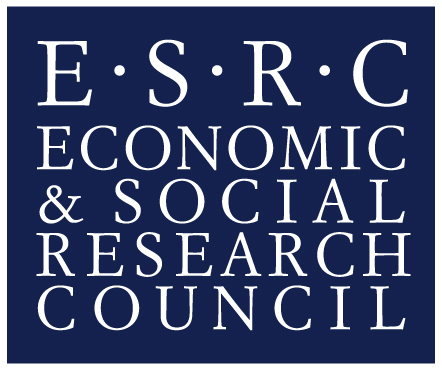conference
Data, Cognition and Intelligent Devices, 21-22 April
CONFERENCE LIVESTREAM: http://bit.ly/cimstreams
 “What’s on your mind?” This is the question to which every Facebook status update now responds. Millions of users sharing their thoughts in one giant performance of what Clay Shirky once called “cognitive surplus”. Contemporary media platforms aren’t simply a stage for this cognitive performance. They are more like directors, staging scenes, tweaking scripts, working to get the best or fully “optimized” performance. As Katherine Hayles has pointed out, media theory has long taken for granted that we think “through, with and alongside media”. Pen and paper, the abacus, and modern calculators are obvious cases in point, but the list quickly expands and with it longstanding conceptions of the Cartesian mind dissolve away. Within the cognitive sciences, cognition is now routinely described as embodied, extended, and distributed. They too recognize that cognition takes place beyond the brain, in between people, between people and things, and combinations thereof. The varieties of specifically human thought, from decision-making to reasoning and interpretation, are now considered one part of a broader cognitive spectrum shared with other animals, systems, and intelligent devices.
“What’s on your mind?” This is the question to which every Facebook status update now responds. Millions of users sharing their thoughts in one giant performance of what Clay Shirky once called “cognitive surplus”. Contemporary media platforms aren’t simply a stage for this cognitive performance. They are more like directors, staging scenes, tweaking scripts, working to get the best or fully “optimized” performance. As Katherine Hayles has pointed out, media theory has long taken for granted that we think “through, with and alongside media”. Pen and paper, the abacus, and modern calculators are obvious cases in point, but the list quickly expands and with it longstanding conceptions of the Cartesian mind dissolve away. Within the cognitive sciences, cognition is now routinely described as embodied, extended, and distributed. They too recognize that cognition takes place beyond the brain, in between people, between people and things, and combinations thereof. The varieties of specifically human thought, from decision-making to reasoning and interpretation, are now considered one part of a broader cognitive spectrum shared with other animals, systems, and intelligent devices.
Today, the technology we mostly think through, with and alongside are computers. We routinely rely on intelligent devices for any number of operations, but this is no straightforward “augmentation”. Our cognitive capacities are equally instrumentalized, plugged into larger cognitive operations from which we have little autonomy. Our cognitive weaknesses are exploited and manipulated by techniques drawn from behavioural economics and psychology. If Vannevar Bush once pondered how we would think in the future, he received a partial response in Steve Krug’s best selling book on web usability: Don’t Make Me Think! Streams of Consciousness aims to explore cognition, broadly conceived, in an age of intelligent devices. We aim to critically interrogate our contemporary infatuation with specific cognitive qualities – such as “smartness” and “intelligence” – while seeking to genuinely understand the specific forms of cognition that are privileged in our current technological milieu. We are especially interested in devices that mediate access to otherwise imperceptible forms of data (too big, too fast), so it can be acted upon in routine or novel ways.
TOPICS OF THE CONFERENCE INCLUDE: data and cognition; decision-making technologies; algorithms, AI and machine learning; visualization, perception, sense and sensation; business intelligence and data exploration; signal intelligence and drones; smart and dumb things; choice and decision architecture; behavioural economics and design; technologies of nudging; interfaces; bodies, data, and (wearable) devices; optimization; web and data analytics (including A/B and multivariate testing).
REGISTER HERE
SPEAKERS: Louise Amoore, James Ash, Caroline Bassett, David Berry, Will Davies, Michael Dieter, Steve Fuller, Jennifer Gabrys, Satinder Gill, Tony Sampson, Natasha Dow-Schull, Nick Srnicek and Michael Wheeler.
FINAL CONFERENCE PROGRAMME HERE
GENERAL CONFERENCE INFORMATION AVAILABLE HERE
Streams of Consciousness is organised by Nathaniel Tkacz and Ana Gross at the Centre for Interdisciplinary Methodologies, University of Warwick. The event is supported by the Economic and Social Research Council.

